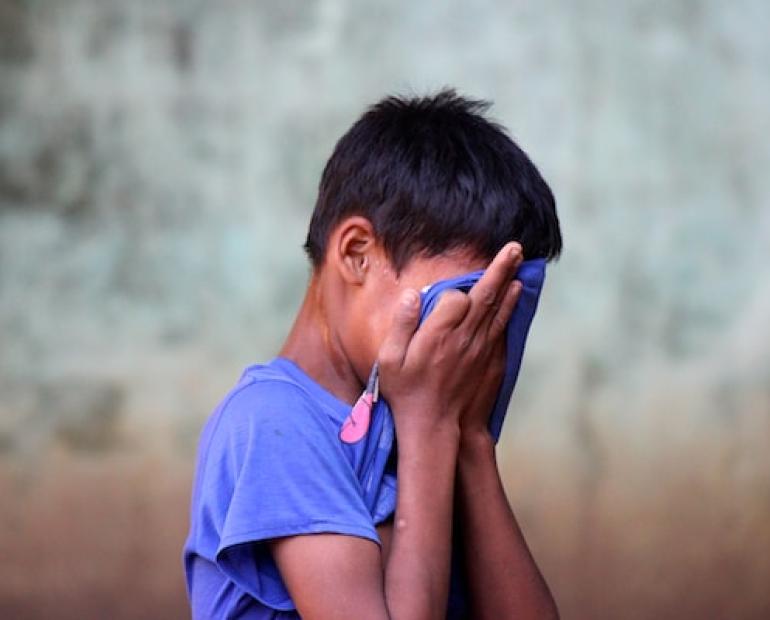
Climate change is an undeniable force shaping both our historical narratives and future prospects. The impact of rising global temperatures extends far beyond scientific data, weaving its influence into the very fabric of our past and casting a shadow on the trajectory of human existence.
Historically, our civilizations have often been closely tied to the climate and environment. Ancient cultures thrived or collapsed based on climatic conditions. The Nile River's annual flood, for example, was a life-sustaining event for ancient Egypt. Fast forward to today, and we witness a stark departure from the climatic stability that allowed past societies to flourish.
One evident consequence is the threat posed to cultural heritage. Rising sea levels and more intense storms jeopardize iconic historical sites situated along coastlines. Cities with rich histories, such as Venice or Alexandria, confront the reality of becoming submerged relics. The preservation of our past is at risk, and the urgency to protect these cultural treasures intensifies with each degree of temperature rise.
Furthermore, climate change disrupts ecosystems, altering the distribution of species and challenging biodiversity. The delicate balance that sustained various ecosystems for centuries is unraveling. Species are forced to adapt, migrate, or face extinction. This not only impacts the intricate web of life but also has repercussions for human societies dependent on the services these ecosystems provide, from food sources to climate regulation.
Looking forward, the implications of climate change are ominous. The frequency and intensity of extreme weather events amplify, leaving a trail of destruction in their wake. Hurricanes, wildfires, and floods are becoming more devastating, displacing communities and straining resources. The vulnerable, often those least responsible for the emissions driving climate change, bear the brunt of these disasters, exacerbating existing social inequalities.
Moreover, agriculture, a cornerstone of human civilization, faces unprecedented challenges. Shifts in temperature and precipitation patterns disrupt traditional growing seasons, impacting crop yields. The reliability of food sources diminishes, posing a threat to global food security. As the world's population continues to grow, ensuring access to nutritious food becomes an increasingly complex puzzle.
Water scarcity is another critical issue on the horizon. Changing climate patterns alter precipitation and evaporation rates, leading to shifts in water availability. Regions already grappling with water stress face heightened challenges, affecting not only agricultural practices but also access to clean drinking water. Conflicts over dwindling water resources may become more frequent, adding another layer of complexity to geopolitical dynamics.
Mitigating and adapting to these changes is imperative. Transitioning to renewable energy sources, enhancing conservation efforts, and implementing sustainable agricultural practices are crucial steps. Equally important is fostering international cooperation to address climate change collectively, recognizing that its effects transcend national borders.
In conclusion, climate change is not merely an environmental concern but a force shaping our past and determining the contours of our future. The urgency to address this global challenge is evident in the threats posed to cultural heritage, ecosystems, and human societies. As custodians of both our history and the planet, we are tasked with taking decisive actions to navigate the uncharted territory that climate change presents and safeguard a sustainable future for generations to come.




